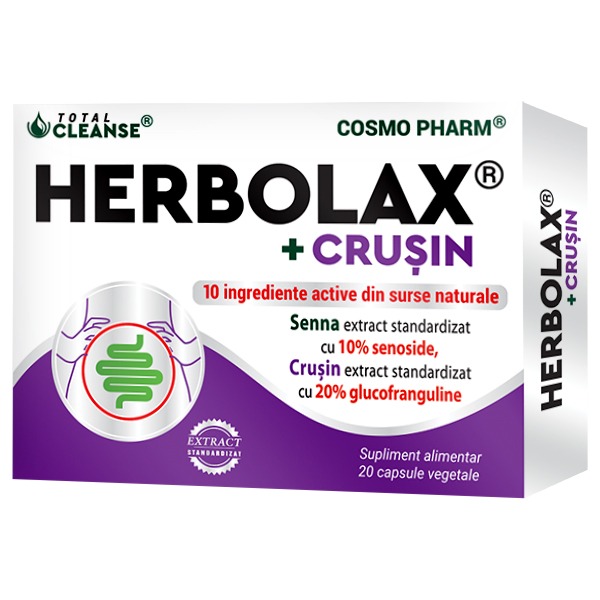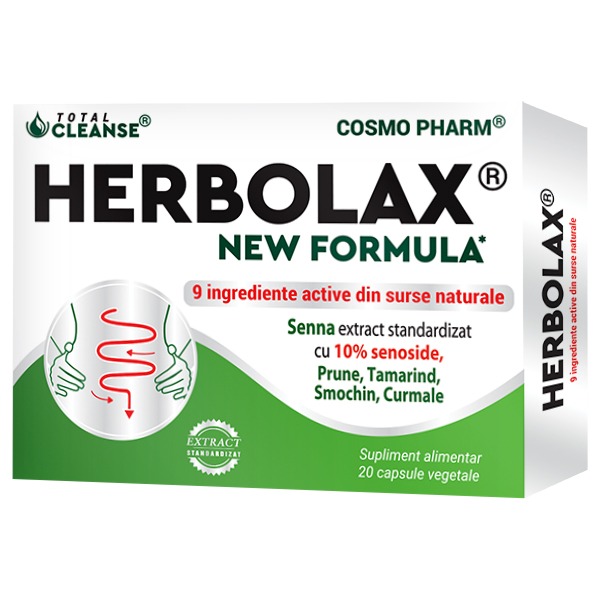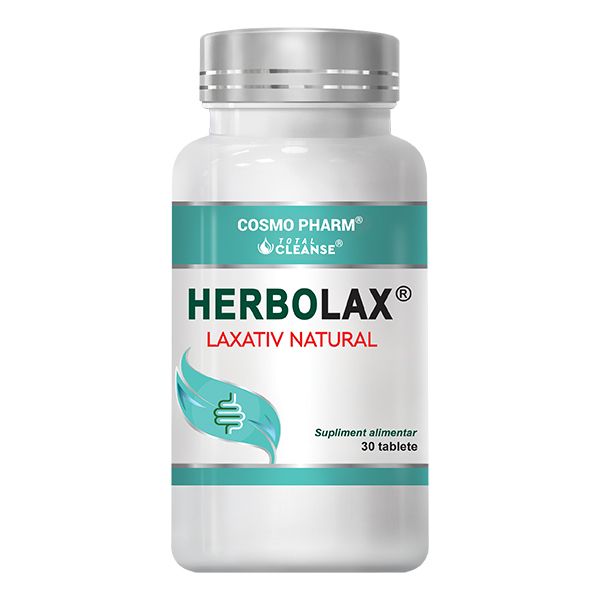Constipation is a common gastrointestinal issue that can arise due to various factors, including travel, aging, and dietary habits. This case study explores a patient’s experience with constipation, tracing its onset during travel, persistence into elderly years, and management through detoxification strategies.
Traveler’s Constipation
A study published in PubMed highlights that gastrointestinal symptoms, including constipation, are common among travelers and often persist after returning home. In this study, 9% of travelers developed constipation during their trip, and 50% of those experienced persistent symptoms upon return.
Progression to Chronic Constipation in the Elderly
As the patient aged, her constipation became chronic and more severe. By 2018, following a hysterectomy and bladder sling surgery, she required prescription medications to have a bowel movement. Despite trying various treatments, including Linzess, Miralax, and Docusate, she continued to experience difficulty. Her colonoscopies revealed a “redundant colon,” but no other significant findings.
Chronic constipation in the elderly is a prevalent issue, with a study in Beijing reporting a 32.6% prevalence among individuals aged 60 and above. The prevalence increased with age, reaching 44.8% in those aged 80 and above.
Management Through Detoxification Strategies
In an attempt to alleviate her symptoms, the patient sought detoxification treatments. She enrolled in a detox program at a clinic known for its rigorous regimen, including a highly alkaline diet, supplements, and frequent laxative treatments. Initially, she experienced discomfort, including headaches and fatigue, but eventually reported increased energy, improved skin, and better mental clarity.
Constipation is a common yet often overlooked issue that affects people across all ages and lifestyles—from travelers and the elderly to those undergoing detox programs. While occasional constipation may not be a cause for concern, persistent symptoms can significantly impact daily comfort and overall health. Understanding the root causes in each scenario is key to finding the right solution. Whether it’s triggered by changes in routine, diet, medication, or aging, there are targeted strategies that can provide relief. Below, we explore specific cases of constipation and the most effective ways to manage them.
- Constipation from Travel (“Traveler’s Constipation”)
Why it happens: Changes in diet, dehydration, altered routine, and limited movement.
What to do:
- Drink plenty of water, especially on flights.
- Eat fiber-rich foods (fruits, veggies, whole grains).
- Stay physically active, even while traveling (short walks, stretches).
- Consider using a mild stool softener or fiber supplement (e.g., psyllium).
- Avoid overuse of anti-diarrheal medications like loperamide.
- Constipation in the Elderly
Why it happens: Slower gut motility, medications (opioids, anticholinergics), reduced fiber intake, and inactivity.
What to do:
- Encourage a regular meal and bathroom schedule.
- Increase dietary fiber (20–30g/day), possibly using supplements like methylcellulose or psyllium.
- Ensure adequate hydration (6–8 glasses/day).
- Promote daily movement or light exercise.
- Review medications with a doctor to eliminate constipating drugs.
- If needed, use osmotic laxatives like polyethylene glycol (Miralax).
- Constipation During Detox Programs
Why it happens: Sudden dietary changes or excessive use of laxatives may backfire.
What to do:
- Use natural fiber sources like prunes, chia seeds, or flaxseeds.
- Be cautious with colon cleanses or frequent enemas — these can disrupt gut flora.
- Avoid long-term laxative abuse which can lead to dependency.
- Support detox with hydration, fiber, and balanced nutrition, not extremes.
- Chronic or Functional Constipation
Why it happens: Often idiopathic, but may be due to gut-brain axis dysfunction or pelvic floor issues.
What to do:
- Use a structured plan including diet, lifestyle, and possibly prescription treatments (e.g., Linzess, Amitiza).
- Try biofeedback therapy for pelvic floor dysfunction.
- Seek a gastroenterologist for persistent or severe cases.
- In extreme, refractory cases, surgical options (like colectomy) are last-resort.
A Natural, Reliable Remedy for Occasional and Chronic Constipation
HERBOLAX® – Gentle Support for Bowel Regularity
Herbolax® is a natural supplement designed to support intestinal transit, relieve occasional or chronic constipation, and promote digestive comfort. Its unique formula combines three plant-derived ingredients with scientifically backed effects on bowel movement stimulation and gut detoxification.
Composition of HERBOLAX®
- Senna/Senna Alexandrina (powdered leaves) – 325 mg
Senna is one of the most well-known natural laxatives. Its active compounds, sennosides, stimulate the intestinal wall, increasing peristaltic contractions that promote defecation. Numerous studies confirm Senna’s short-term efficacy for constipation relief. A review in BMC Complementary Medicine and Therapies (2016) found Senna to be effective and generally safe for occasional use, though long-term use is not advised due to potential dependence. - Senna Extract (Cassia Angustifolia, standardized to 20% sennosides – 13 mg) – 65 mg
This concentrated extract enhances the laxative effect while allowing for more controlled and predictable results. Standardization ensures consistent amounts of active compounds. Clinical evidence shows that sennosides act by increasing water secretion and stimulating motility in the colon, improving stool consistency and ease of elimination. - Cassia Fistula (standardized 4:1 extract from leaves) – 25 mg
Also known as the golden shower tree, Cassia fistula is traditionally used in Ayurvedic medicine for its mild laxative and detoxifying properties. The extract contributes to softening stools and cleansing the intestines gently, with fewer side effects than synthetic laxatives. - Tamarind (Tamarindus indica, fruit powder) – 25 mg
Tamarind fruit is rich in fiber and organic acids that enhance digestion and promote bowel movements. A study in the Journal of Clinical Biochemistry and Nutrition (2014) highlighted its mild laxative effect and ability to improve stool bulk and consistency. Tamarind also supports detoxification by aiding waste elimination from the digestive tract.
Why HERBOLAX® Works
Herbolax® combines the stimulant and hydrating actions of sennosides with the mild detoxifying effects of Cassia fistula and Tamarindus indica. This synergy makes it an effective solution for:
- Traveler’s constipation
- Elderly constipation
- Occasional or diet-related constipation
- Constipation during detox programs
The formulation is well-tolerated when used as directed and does not lead to harsh cramping or dependency when used for short-term relief.
Mode of administration:
Take 1-2 tablets per day, preferably in the evening, with plenty of water.
Conclusion
Constipation affects individuals of all ages and may result from various lifestyle changes, medical treatments, or aging. While pharmaceutical solutions exist, many people seek natural, plant-based alternatives for digestive support. Herbolax® offers a gentle, effective option with well-researched ingredients like Senna, Cassia fistula, and Tamarind to restore natural bowel rhythm and improve quality of life.
https://pubmed.ncbi.nlm.nih.gov/24119967/
https://www.ncbi.nlm.nih.gov/pmc/articles/PMC7071269/
https://www.ncbi.nlm.nih.gov/pmc/articles/PMC5871213/
https://pubmed.ncbi.nlm.nih.gov/19686804/
https://www.ncbi.nlm.nih.gov/pmc/articles/PMC5452227/
https://www.ncbi.nlm.nih.gov/pmc/articles/PMC8188328/
https://www.ncbi.nlm.nih.gov/pmc/articles/PMC4480716/
https://www.ncbi.nlm.nih.gov/pmc/articles/PMC4988451/
https://www.ncbi.nlm.nih.gov/pmc/articles/PMC7698912/
https://www.ncbi.nlm.nih.gov/pmc/articles/PMC7404465/
https://www.ncbi.nlm.nih.gov/pmc/articles/PMC5758350/
https://www.ncbi.nlm.nih.gov/pmc/articles/PMC7081909/
https://www.ncbi.nlm.nih.gov/pmc/articles/PMC6341159/
https://www.ncbi.nlm.nih.gov/pmc/articles/PMC7531812/
https://www.ncbi.nlm.nih.gov/pmc/articles/PMC10036359/
https://www.ncbi.nlm.nih.gov/pmc/articles/PMC4780060/
https://www.ncbi.nlm.nih.gov/pmc/articles/PMC7275400/
https://www.ncbi.nlm.nih.gov/pmc/articles/PMC6834300/
https://www.ncbi.nlm.nih.gov/pmc/articles/PMC5385139/
https://www.ncbi.nlm.nih.gov/pmc/articles/PMC6220174/



